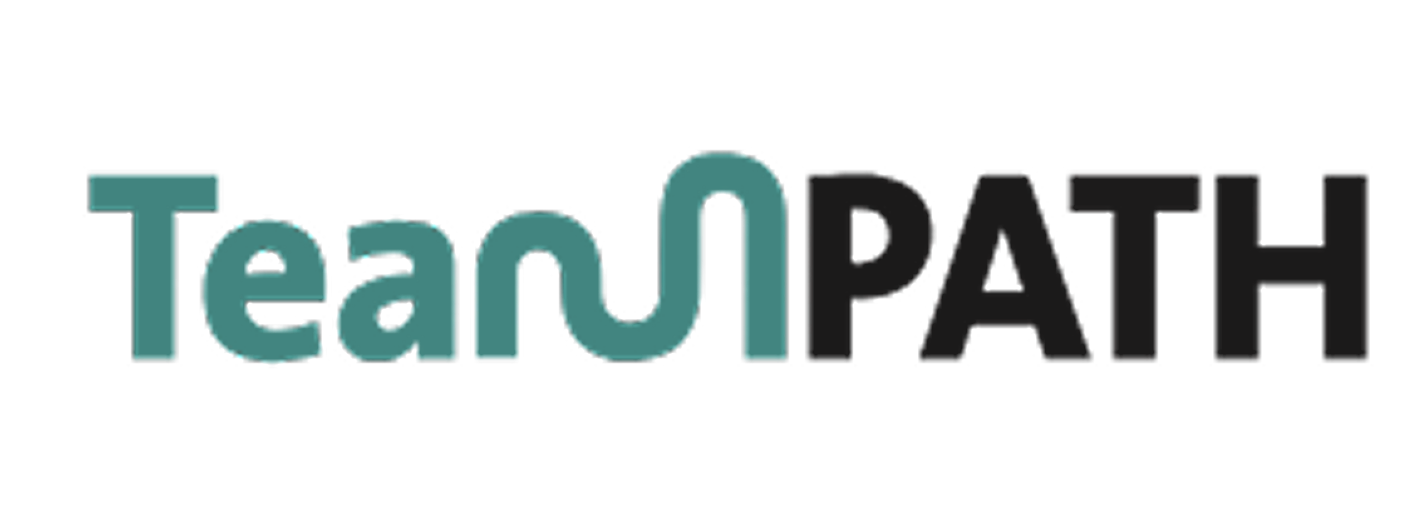Team Conflict Management: Insights from Karen Jehn’s Research

Team Science – With a Twist
At TeamPath, we like our advice backed by evidence. But let’s be honest—academic research on teams can be a bit dry. So we’ve asked AI to turn top team science papers into podcast-style conversations.
The result? Something like John and Gail from Pitch Perfect—if they swapped a cappella commentary for team dynamics. John’s blunt and occasionally inappropriate. Gail’s sharp and slightly over it. Together, they break down the science so you don’t have to. It’s research, with a little banter.
Disclaimer: These episodes are AI-generated. While we aim for accuracy, the bots may occasionally go rogue.
Based on the paper "A Multimethod Examination of the Benefits and Detriments of Intragroup Conflict" by Karen A. Jehn (1995).
Conflict in Teams: When Is It Helpful and When Is It Harmful?
Conflict is often seen as something to avoid in teams. Yet, Karen Jehn’s research shows a more nuanced reality: not all conflict is bad, and in the right circumstances, it can even improve team performance.
Her 1995 study offers an important evidence base for how different types of conflict affect teams—and how team structures and collaboration routines influence whether conflict is ultimately constructive or destructive.
This post explores her key findings and what they mean for developing stronger, more resilient teams today.
Key Findings: Task Conflict vs. Relationship Conflict in Teams
Jehn identifies two main types of intragroup conflict:
- Relationship Conflict in Teams: This involves personal tensions, animosity, and emotional clashes between team members.
- Task Conflict in Teams: This involves disagreements about the work itself—different ideas, approaches, or viewpoints about how tasks should be done.
Her study found important differences between these two:
- Relationship conflict consistently harms teams: It reduces satisfaction, trust, and people’s desire to stay in the group. It also diverts energy away from the task and toward managing emotional fallout.
- Task conflict can sometimes help—if conditions are right: For teams dealing with nonroutine, complex tasks, a moderate level of task conflict can improve decision-making, innovation, and performance.
- Task conflict can be harmful in routine tasks: In teams handling straightforward, repetitive work, disagreements often slow down processes, reduce efficiency, and cause unnecessary friction.
In short: The type of work a team does matters enormously for whether conflict helps or hinders performance.
Current Thinking: Conflict in Moderation
Jehn’s research has been foundational in reshaping how organizational science views conflict. Today, many models of team performance and collaboration routines recognize:
- Task conflict, when well-managed, fosters critical thinking and prevents groupthink.
- Psychological safety is key: Teams must feel safe to disagree about ideas without fear of personal attack.
- Moderation is important: Both too little and too much conflict can undermine team outcomes.
- Team norms influence outcomes: Groups that encourage open, respectful discussion of differences manage task conflict more productively. In contrast, norms that escalate relationship conflict make even task-related disagreements toxic.
Recent research also emphasizes the role of habit formation for teams—building communication patterns and rituals that help teams navigate conflict constructively, rather than trying to eliminate disagreement altogether.
Why This Matters for Team Path: Practical Team Development Lessons
For organizations focused on team development tools and behavioral team training, Jehn’s findings offer several important lessons:
- Distinguish types of conflict clearly: Helping teams understand the difference between relationship and task conflict can be powerful. Not all disagreements are personal—and recognizing that distinction matters.
- Encourage task-related debate for complex work: In innovation, strategy, or creative projects, actively building habits of respectful challenge can improve outcomes. Practical team building activities should normalize "idea conflict" without personal attacks.
- Manage relationship conflict early: Building psychological safety and trust isn't a bonus—it’s a necessary foundation for sustainable collaboration.
- Adapt conflict management to task types: Teams doing routine work may need structure and conflict minimization, whereas teams solving novel problems may benefit from conflict-friendly, open cultures.
- Focus on conflict norms in team diagnostics: Assessing not just how much conflict exists, but how it’s handled, gives deeper insights into team performance metrics.
These principles can be embedded into continuous improvement, team diagnostics, and growth mindset training, aligning with Team Path’s broader mission to support actionable team improvement ideas based on evidence, not assumption.
Final Reflection: Understanding, Not Avoiding, Conflict in Teams
Karen Jehn’s study reminds us that conflict in teams is not inherently good or bad.
What matters is the type of conflict, the team’s structure, and how the team navigates disagreement.
For those working to build better teams, the challenge is not simply to eliminate conflict—but to understand it, shape it, and create the conditions where productive disagreement strengthens collaboration rather than undermining it.
This podcast includes content generated with the help of artificial intelligence. While we've done our best to guide and review the conversation, there may be occasional errors or inaccuracies. Please listen with that in mind and always double-check any critical information. Thanks for your understanding!
See how TeamPath can transform your team’s performance today


